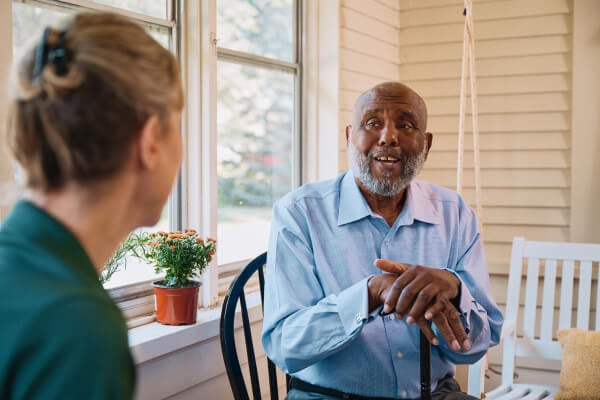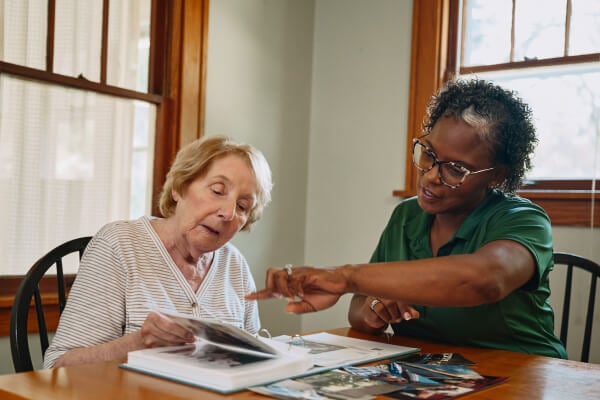
Home Care Conversations: How to Talk with Aging Parents About Help at Home
Starting a conversation about home care can feel sensitive, but early, respectful dialogue helps families align on safety, independence, and daily support. Guidance from Connecticut Aging and Disability Services (ADS) and the National Institute on Aging (NIA) shows that listening, preparation, and empathy lead to better outcomes.
Use these steps to plan productive, compassionate conversations across Mansfield, CT—and to involve your loved one in decisions that protect autonomy while reducing daily stress.
When to Start the Conversation
Look for patterns that suggest added support could help:
- Safety concerns: Near-falls, leaving the stove on, wandering, or missed steps
- Daily tasks piling up: Laundry, dishes, bills, or meal prep becoming overwhelming
- Health changes: New diagnosis, medication side effects, memory changes
- Caregiver strain: Family members feeling exhausted or unable to keep pace
See the NIA’s guidance on observing changes and planning conversations: communication tips for older adults.
Conversation Starters & Scripts

Plan a calm time and a private setting. Use “I” statements and invite input. Examples:
- “I’ve noticed the stairs feel tougher lately. How are you feeling about them?”
- “What would make mornings easier for you?”
- “Could we try a few hours of help each week and see how it feels?”
More language ideas: Alzheimer’s Association: communication tips and Connecticut ADS resources.
Planning Together: Needs, Preferences, and Budget

List routines and identify where non-medical help would reduce stress: light housekeeping, meal prep, companionship, transportation to appointments, and safety-minded cueing or reminders. For planning support, see CT ADS resources and NIA’s guides on advance care planning.
Coordinating Family Support
Clarify roles (meals, errands, social time, appointments) and set up shared calendars or checklists to prevent burnout. Build in respite time. For general caregiver information, see the Administration for Community Living.

Handling Resistance with Empathy
Resistance often comes from fear of losing control. Try:
- Start small: a short trial visit each week
- Focus on goals: “This helps you keep doing the things you enjoy”
- Revisit later if emotions run high
For dementia-related communication tips, see the Alzheimer’s Association.
Respecting Autonomy & Safety
Offer choices and invite collaboration. Document preferences and routines. If safety risks rise, involve the healthcare team and revisit plans together. See NIA guidance on balancing independence and support: home safety for older adults.
How Home Instead Supports Family Conversations

Home Instead Northeastern, CT provides non-medical in-home support aligned with Connecticut guidelines—companionship, light housekeeping to keep pathways clear, meal preparation, hydration and medication reminders, safety-minded cueing/supervision, and transportation to appointments. We do not provide skilled nursing or medical services. Our team can share conversation tips, structure a small trial schedule, and help families adjust the plan over time.



